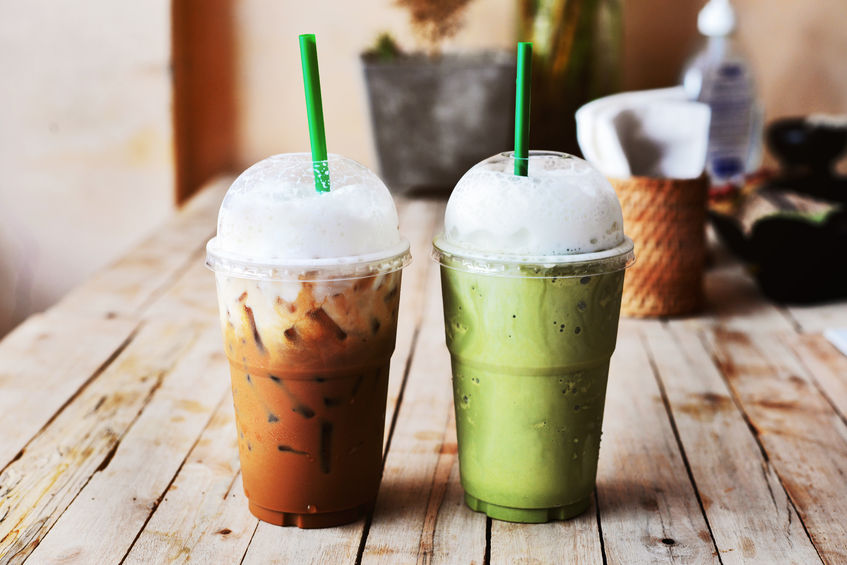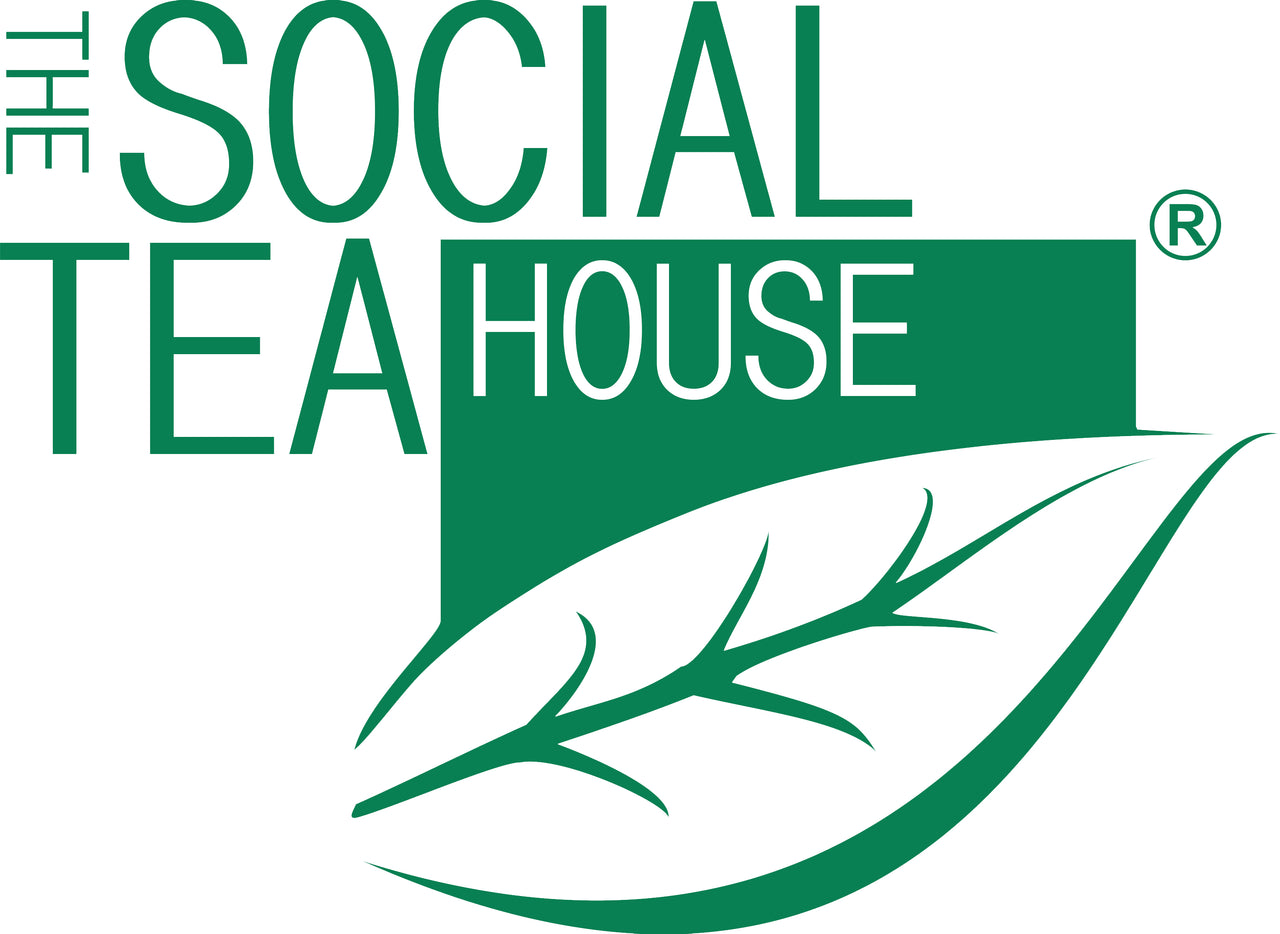
5 Reasons: Why we should drink Matcha instead of coffee
A tradition of Matcha drinking began over a thousand year ago when Buddhist monks in China first started grinding green tea leaves into a fine powder which they then mixed with hot water and drank from one cup.
After about a decade of being present on the market, Matcha is finally becoming a hit in the US where large coffee houses such as Teavana or Starbucks offering them as a part of their menus. Based on the current development it is safe to say that Matcha is on the right way to make it as a part of a basic set of ingredients in the kitchen. Since 2003 when Japan was importing over half a ton of green tea leaves to the US after a decade the amount has doubled and reached 1,163 tons.
Even though Matcha is on the rise Americans are still a nation of coffee addicts consuming about 3.1 cups of coffee per day. The current trends in coffee consumption show that coffee drinkers do not have a very refined taste and usually opt for the cheapest pre-grind coffee which tends to be highly acidic and more likely to cause an addiction.
Considering that both drinks currently boast such a large fan base and will probably be the top 2 rivals on the market for years to come it is worth comparing them in terms of several functional benefits.

#1 Amount of caffeine
On average a roasted coffee bean contains 6g of caffeine. Matcha’s caffeine content differs based on the type and quality, the amount is never quite as high as in regular coffee.
Classic Matcha contains approximately 2g of caffeine per 8oz teaspoon. Koicha, the thicker version of Matcha which contains twice the amount of green tea powder also has twice as much caffeine.
Those who drink coffee are therefore more likely to develop a caffeine addiction and suffer some of the negative side effects of it such as headaches, muscle pain and stiffness, lethargy, difficulty concentrating nausea, vomiting, and feeling of sadness or irritability.

#2 Boost in metabolism
According to various research studies coffee can speed up metabolism and help burn fat. It contains stimulants which send direct signals to fat cells telling them to stop producing fat. However, the effect is not long-term and after a while when a human body gets used to a certain dose of caffeine it stops working.
Matcha not only speed up metabolism like coffee does but it also contains five times the amount of L-Theanine than the majority of popular black and green teas. It encourages the central nerve system to produce alpha waves which keep the mind calm but active at the same time. The result is an improved ability to concentrate, focus and stay in a good mood.

#3 Digestion
Coffee has a PH score of 5 or below which makes it highly acidic. As a result it causes an excessive production of gastric acids which leads to various kinds of digestive discomfort. Some of the problems that coffee drinkers experience include indigestion, heartburn and imbalance inside the gut.
Matcha is sensitive to your digestive system because it boosts metabolism and helps the body to burn fat. A study has found that its consumption can increase body’s natural rate of burning calories (8-10%) four times.

#4 Production
In effort to protect their profits coffee producers are sometimes using chemicals which has been classed as pesticides and should not be used in production of food. For example, methyl parathion, a toxic pesticide banned in numerous countries, is still being used in some factories to kill leaf miners, insects which consumes coffee leaves. Decaf coffee is prepared by a process called ‘soaking’ which means that coffee beans are soaked in chemicals such as methyl chloride, that remove caffeine from them.
Matcha is prepared in a simple, natural way which allows the nature to run its course. It is made from shade-grown tea leaves which are laid out flat to dry until they start to crumble. Once they reach this stage they are de-veined, de-stemmed and stone-grilled and ground to until they turn into a fine talc-like powder.

#5 Energy
In the beginning coffee can give you an energy boost, however, that disappears after some time when the body gets used to consuming a certain dose.
Caffeine, an alkaloid compound present in coffee beans, is stimulant to central nervous system. Caffeine blocks receptors A and A2A of Adenosine, a central nerve system neuromodulator which enables us to fall asleep by creating and binding these receptors. The body’s natural response to that is producing a higher number of the receptors so that a certain dose of caffeine could no longer affect the natural need to sleep. Therefore many coffee drinkers often find themselves feeling tired and need to drink more and more coffee.
Matcha has a completely different impact. It contains L-theanine, an amino acid which soothes the mind but at the same time sustains alertness of the mind and a high focus. It leaves a consumer feeling rejuvenated without the need to increase amount they drink.
Also, it eliminates the effects of cortisol, a stress hormone which triggers fight or flight response to stress. In case a person is very sensitive and gets easily stressed out under pressure cortisol has harmful effects on the body as it suppresses the imune system, raises blood pressure and slows down digestion.
Matcha Green Tea is anti-cortisol, it reduces stress and helps to stabilize blood sugar. As a result it increases both physical and mental endurance, protects the body against the harmful effects of stress and helps to keep us in a positive mood.
